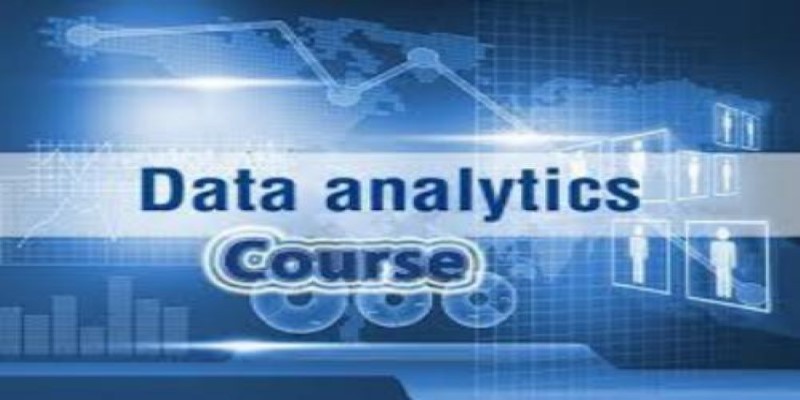
About Course
Data Analytics is the process of applying statistical analysis and logical techniques to extract information from data. When carried out carefully and systematically, the results of data analysis can be an invaluable complement to qualitative research in producing actionable insights for decision-making.
If that sounds a lot like data science, you’re right! It’s a closely related field, but there are important differences. Data scientists typically come from computer science and programming backgrounds and rely on coding skills to build algorithms and analytic models to automate the processing of data at scale. Data analysts typically have backgrounds in mathematics and statistics, and frequently apply these analytic techniques to answer specific business problems – for example, a financial analyst at an investment bank.
what skill do I need to become a Data Analytics?
Data analysts don’t do as much coding as data scientists, but it’s still important to know your way around certain programming languages. In particular, SQL (Structured Query Language) is the industry standard for navigating large databases, and statistical programming languages like R or Python are essential for performing advanced analyses on this data.
Data Analytics also relies on more typical business programs. While Microsoft Excel isn’t as powerful as SQL, R, and Python, it can get the job done when working with relatively smaller datasets and maybe the best (and cheapest) tool for the job for early-stage lean startups. Data visualization and presentation skills are also a huge part of the job, which typically requires learning new programs like Tableau as well as mastery of standard business software like Excel and Powerpoint.
>>
Course Content
Data Analytics
-
Introduction to Experimentation and Active Learning
00:00 -
NPTEL MOOC IDA Tutorial for Assignment 3
00:00 -
Model Assessment and Selection
00:00 -
Support Vector Machines and Kernel Transformations
00:00 -
Support Vector Machines for Non Linearly Separable Data
00:00 -
Support Vector Machines(contd)
00:00 -
Support Vector Machines
00:00 -
Bias Variance Dichotomy
00:00 -
Classification and Regression Trees
00:00 -
Classification and Regression Trees(contd)
00:00 -
Logistic Regression
00:00 -
Deep Learning
00:00 -
Artificial Neural Networks
00:00 -
Ensemble Methods and Random Forests
00:00 -
Introduction to Experimentation and Active Learning(contd)
00:00 -
Clustering Analysis (contd)
00:00 -
An Introduction to Online Learning – Reinforcement Learning (contd)
00:00 -
An Introduction to Online Learning – Reinforcement Learning
00:00 -
Big Data – A small introduction (contd)
00:00 -
Clustering Analysis
00:00 -
Big Data, A small introduction
00:00 -
Association Rule Mining (contd)
00:00 -
Associative Rule Mining
00:00 -
Artificial Neural Networks(cont\’d)
00:00 -
Training a Logistic Regression Classifier
00:00 -
NPTEL MOOC IDA – Tutorial for Assignment 2
00:00 -
Inferential Statistics – Motivation
00:00 -
Probability Distributions(contd)
00:00 -
Probability Distributions(contd)
00:00 -
Random Variables and Probability Distributions
00:00 -
Draft Lesson
-
Descriptive Statistics – Measures of Dispersion
00:00 -
Descriptive Statistics – Measures of Central Tendency
00:00 -
Descriptive Statistics – Graphical Approaches
00:00 -
Course Overview (cont’d)
00:00 -
Course Overview
00:00 -
Inferential Statistics – Single sample tests
00:00 -
Two Sample tests
00:00 -
Type 1 and Type 2 Errors
00:00 -
Ordinary Least Squares Regression
00:00 -
Data Modelling and Algorithmic Modelling Approaches
00:00 -
Regularization/ Coefficients Shrinkage
00:00 -
Simple and Multiple Regression in Excel and Matlab
00:00 -
Unsupervised Learning
00:00 -
Supervised Learning
00:00 -
Introduction to Machine Learning
00:00 -
Short Introduction to Regression
00:00 -
ANOVA and Test of Independence
00:00 -
Confidence Intervals
00:00 -
Introduction
00:00
Student Ratings & Reviews

